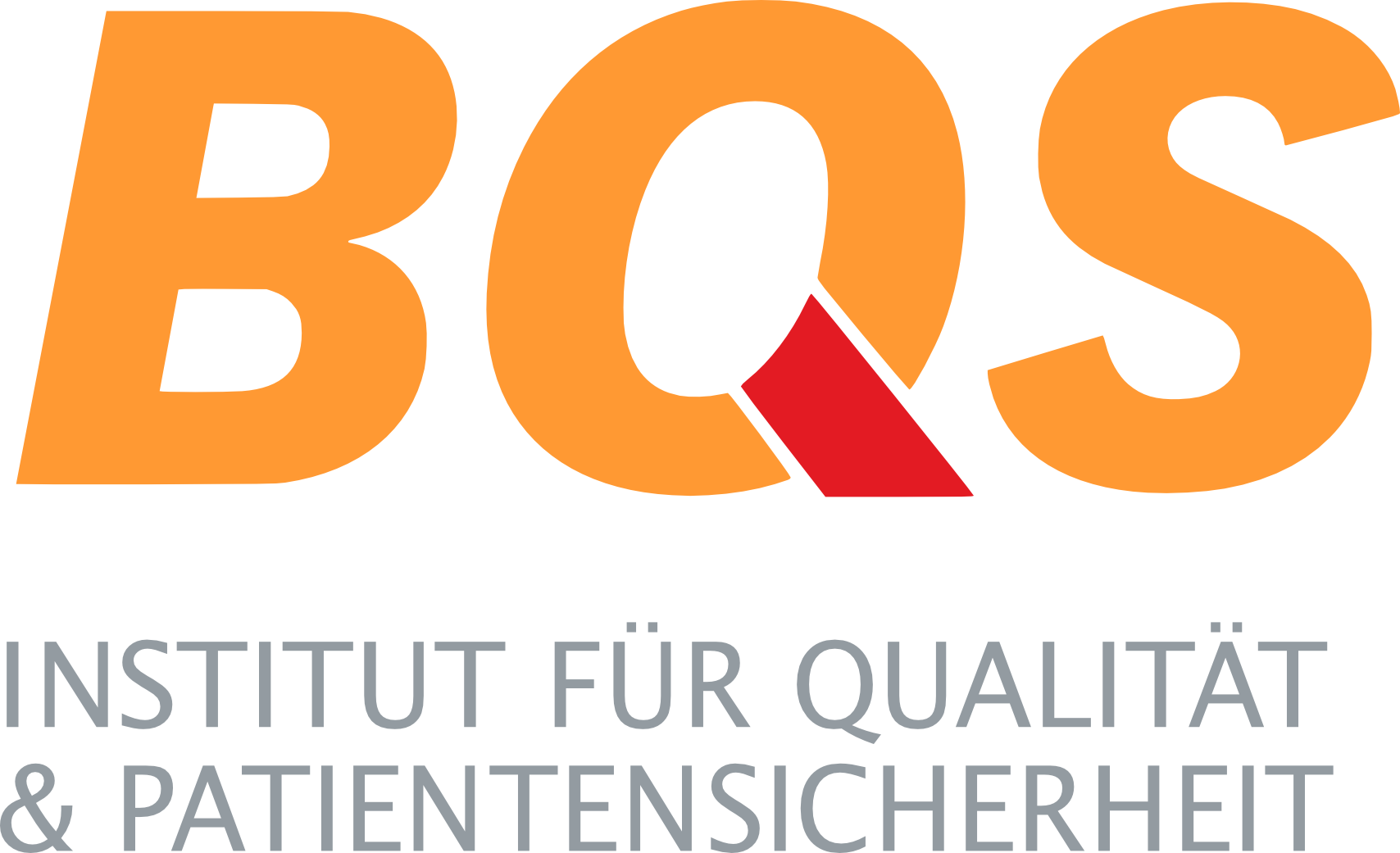Patient, staff and referrer surveys based on the Picker model.
Patient survey
Employee survey
Referrer Survey
Patient experience as a quality indicator - the Picker model
Picker works according to the event-oriented concept; unlike conventional satisfaction analyses, the focus of the Picker method is therefore on problem frequencies and is accordingly not a satisfaction analysis, but a problem-oriented survey. The problem frequencies identified from the results serve as an indication of potential for improvement. The questions developed by Picker are based on priority quality indicators and key situations from, for example, the patient's point of view, which had been described by focus group participants, among others, or had emerged from the information and feedback provided by pilot survey participants. Due to the event-orientation and the high concreteness of the questions, person-dependent influencing factors (expectations, biases, thinkability effects, yes-say tendencies, fear of personal disadvantages in the case of criticism, etc.) can be largely ignored. The event-oriented approach does not completely exclude the inclusion of judgment questions. However, reporting questions make up about 85-90% of the questionnaire here. In terms of content, the instruments are differentiated into interdisciplinary, specialty-specific, sector- and diagnosis-related questionnaires, e.g. for inpatient care, for rehabilitation, obstetrics and other specialties.
Since the beginning of 2000, a validated questionnaire for employee surveys has also been available. Based on the Picker data collected, a correlation between employee and patient satisfaction could be proven. If both types of survey are conducted in parallel, a kind of "stereo" effect results with regard to the dimension-related results, with revealing parallels and differences.
The problem frequencies identified from the results serve as an indication of potential for improvement.
In our view, it is the measure that best identifies the areas in which patients and employees as well as the facilities themselves benefit from improvement measures. They also provide a good overview of how individual hospitals compare internally and externally. In addition, repeated surveys allow developments over time to be quickly recorded.
Since 2016, the BQS Institute in Hamburg has been conducting patient, staff and referrer surveys using the Picker method and is constantly developing the instruments further.
Do you want to learn more about the Picker method?
... or planning a survey for your hospital? Then contact us. We will be happy to support you in planning, conducting and following up the survey.
Get in touch with:
Christina Tjaden
Marketing and Sales
Phone:
: christina.tjaden@bqs.de


